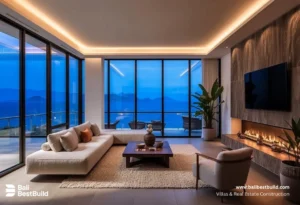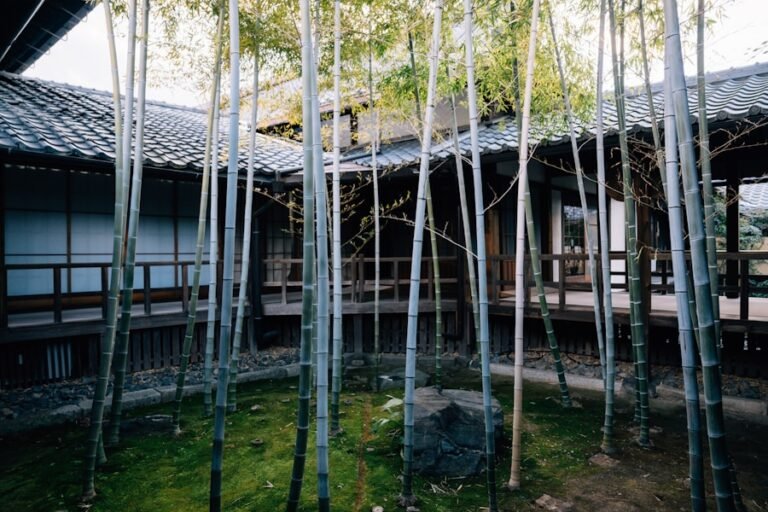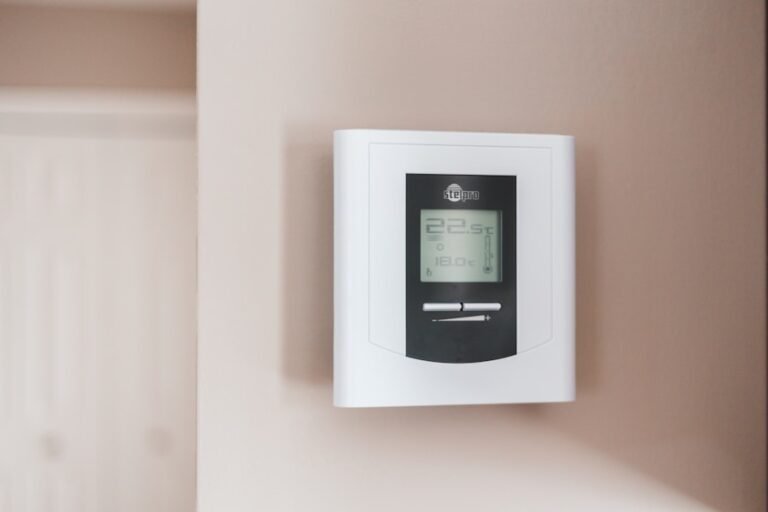Bali, known for its stunning beaches and vibrant culture, is also facing an energy crisis. The island’s rapid development and increasing population have put a strain on its energy resources. Currently, Bali relies heavily on fossil fuels such as coal and oil for its energy needs. This not only contributes to air and water pollution but also makes the island vulnerable to fluctuations in global oil prices. Additionally, the reliance on fossil fuels has led to a significant carbon footprint, contributing to climate change and its adverse effects on the island’s ecosystem.
The demand for energy in Bali is expected to continue rising as the island’s tourism industry grows and its population increases. This poses a significant challenge for the island’s energy infrastructure, which is already struggling to meet current demands. Without a shift towards more sustainable and renewable energy sources, Bali’s energy situation is likely to worsen in the coming years. It is clear that a new approach to energy production and consumption is needed to ensure the long-term sustainability of the island.
The Benefits of Energy-Efficient Buildings
Energy-efficient buildings offer a range of benefits that can help address Bali’s energy crisis. By incorporating features such as high-performance insulation, energy-efficient appliances, and renewable energy systems, buildings can significantly reduce their energy consumption. This not only lowers utility bills for residents and businesses but also reduces the overall demand for energy on the island. Additionally, energy-efficient buildings can help improve indoor air quality, making them healthier and more comfortable spaces for occupants.
Furthermore, energy-efficient buildings can play a crucial role in reducing greenhouse gas emissions. By using renewable energy sources such as solar panels and wind turbines, buildings can generate their own clean energy, reducing their reliance on fossil fuels. This not only helps combat climate change but also reduces the island’s vulnerability to fluctuations in global oil prices. Overall, energy-efficient buildings offer a sustainable solution to Bali’s energy crisis, providing long-term benefits for both the environment and the community.
Solar Innovations in Bali
In recent years, there has been a growing interest in solar innovations in Bali as a means of addressing the island’s energy crisis. Solar panels have become increasingly popular among homeowners and businesses looking to reduce their reliance on fossil fuels and lower their energy bills. Additionally, solar innovations have the potential to provide a reliable source of clean energy for the island, helping to reduce its carbon footprint and combat climate change.
One of the most promising solar innovations in Bali is the use of solar water heaters. These systems use sunlight to heat water for residential and commercial use, reducing the need for electricity or gas-powered water heaters. This not only lowers energy costs but also reduces the demand for fossil fuels, making it a sustainable solution for the island. Furthermore, solar innovations have the potential to create new job opportunities in Bali’s growing renewable energy sector, contributing to the island’s economic development.
Wind Innovations in Bali
In addition to solar innovations, wind power has also emerged as a promising solution for Bali’s energy crisis. The island’s coastal location makes it an ideal candidate for wind power generation, with consistent sea breezes providing a reliable source of renewable energy. Wind turbines can be installed both onshore and offshore, harnessing the power of the wind to generate electricity for homes, businesses, and public infrastructure.
One of the key advantages of wind innovations in Bali is their ability to provide a consistent source of clean energy. Unlike solar power, which is dependent on sunlight, wind power can be generated day and night, making it a reliable alternative to fossil fuels. Additionally, wind innovations have the potential to create new opportunities for local communities, such as jobs in manufacturing, installation, and maintenance of wind turbines. By embracing wind power, Bali can diversify its energy sources and reduce its reliance on fossil fuels, contributing to a more sustainable and resilient energy infrastructure.
The Future of Energy-Efficient Buildings in Bali
The future of energy-efficient buildings in Bali looks promising as more residents and businesses recognize the benefits of sustainable construction practices. With advancements in building materials and technologies, it is becoming increasingly feasible to design and construct buildings that are not only aesthetically pleasing but also environmentally friendly. From passive design strategies that maximize natural light and ventilation to smart building systems that optimize energy usage, there are numerous opportunities to create more sustainable and efficient buildings in Bali.
Furthermore, the growing demand for green buildings has led to an increase in green building certifications and standards in Bali. These certifications not only ensure that buildings are constructed with sustainability in mind but also provide incentives for developers and homeowners to invest in energy-efficient features. As awareness of the environmental and economic benefits of energy-efficient buildings continues to grow, it is likely that sustainable construction practices will become the norm in Bali, leading to a more resilient and sustainable built environment for future generations.
Overcoming Challenges in Implementing Solar and Wind Innovations
While solar and wind innovations hold great promise for addressing Bali’s energy crisis, there are several challenges that need to be overcome to fully realize their potential. One of the main challenges is the initial cost of installing solar panels or wind turbines, which can be prohibitive for many residents and businesses. However, with advancements in technology and government incentives, the cost of renewable energy systems is steadily decreasing, making them more accessible to a wider range of consumers.
Another challenge is the intermittent nature of renewable energy sources such as solar and wind power. While advancements in energy storage technologies are helping to address this issue, there is still a need for more reliable and efficient storage solutions to ensure a consistent supply of clean energy. Additionally, integrating renewable energy into the existing grid infrastructure requires careful planning and coordination to ensure stability and reliability.
The Role of Government and Community in Promoting Energy-Efficient Buildings
The government and community play a crucial role in promoting energy-efficient buildings in Bali. Through policies and incentives, the government can encourage developers and homeowners to invest in sustainable construction practices and renewable energy systems. This can include tax incentives, rebates, and grants for green building certifications or renewable energy installations. Additionally, the government can set ambitious targets for renewable energy adoption and implement regulations that require new buildings to meet certain energy efficiency standards.
At the same time, community engagement is essential for promoting energy-efficient buildings in Bali. By raising awareness about the benefits of sustainable construction practices and renewable energy, communities can drive demand for green buildings and encourage developers to prioritize sustainability. Furthermore, community-led initiatives such as neighborhood solar co-ops or wind power cooperatives can help make renewable energy more accessible and affordable for residents. Ultimately, by working together, the government and community can create a more sustainable and resilient built environment in Bali.












